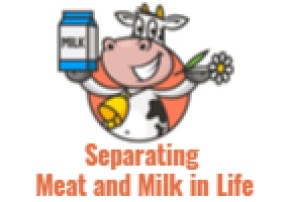
Separating Milk and Meat in Life
Dealing with every situation in life requires us to separate between practical action and emuna – without mixing them!

Previously in this series, I discussed how finding the purpose in life literally became my purpose in life, which ended in my finding Rabbi Arush’s teachings on emuna. I also explained how now I am able to use those teachings to truly Thank Hashem for the Abuse, and how Hashem gave me a big miracle above nature after I changed my attitude towards the abuse.
Now, I want to discuss one more absolutely critical aspect of this subject according to Rabbi Arush’s teachings: Differentiating between the “real world” aspects of abuse, and the emuna you have regarding it. This separation has to be maintained while simultaneously holding up both sides of the equation. It’s just like a kosher kitchen – there is a meat side and a dairy side – they might be functioning at the same time, but never do the two sides meet.
The Milk and Meat of Free Choice
Rabbi Arush has discussed multiple times the “meat and milk” aspect of free choice. It goes like this:
Whatever was in the past and is already over, is no longer in your control, and whatever happens in the future – i.e. the results of your efforts right now – that’s “meat” – all emuna.
Hashem was and still is deciding everything that did and will happen, and everything He does is for the very best. No one can hurt you or help you if not for Hashem’s decree. Throw out your reasoning and your own opinions about the situation, and just believe that G-d, Who loves you, Who knows what you do not know, is truly all good and therefore everything that happens to you is all good. A Father will never hurt His child! It isn’t always easy to learn a lesson, but there is no punishment and no bad and no random either. You’re in the best Hands in the world! So say thank you, because really it’s all for the best, even though at the time of a test we cannot understand how.
In the PRESENT, right now – that’s the “dairy” side, the “bread and butter” of dealing with the situation, if you will.
You have to deal with whatever situation you are facing in the best manner possible. You have to pray for Hashem’s help, you have to prepare as appropriate, you have to do your best to follow every iota of Jewish law, etc. – as if it was all dependent on you.
Recognize that the most important and primary hishtadlut (personal efforts) you should make should be in prayer! Ask Hashem to enable you to be successful in your endeavors, to follow Jewish law exactly and not budge to the right or to the left, etc. However, even though this should be the bulk of your efforts, many situations require practical action as well.
If you do not do so, you will be held liable for this negligence and will need to do teshuva and repent for it. To say “I believe in Hashem that it will all work out; I don’t need to do anything” is called emuna psula – or “foolish emuna.” We live in this world, Hashem gave us commandments, and the “meat” of recognizing that ultimately, Hashem decides the consequences of our actions does not in any way negate our responsibility to fulfill the “dairy” – to fulfill those commandments to the best of our abilities!
Think about it this way: If Hashem wanted us to throw our hands up and let Him do everything, He would have created the system that way. He did not because He wants that we should be partners in His creation and receive reward for our efforts. In no way does emuna in Hashem negate Hashem’s own system of how the world works!
We don’t understand how the two sides mix, but we believe that Hashem does – and we keep both sides of the equation WITHOUT MIXING THEM.
Milk and Meat when Dealing with Abuse
Now, let’s apply this teaching to our subject of abuse. First, let’s take the “meat” side – the emuna:
Whatever you are going through, or went through – up and until this moment – is from Hashem and for your best. All the rules of emuna apply here as I just explained. You have to thank Hashem for every detail of your suffering, because it was tailor-designed for you and your spiritual rectification, for your ultimate best. Perhaps it was to push you towards something good, like it did for me. As a rule, these topics also include rectifications from previous reincarnations that we don’t know anything about and simply have to leave it in Hashem’s knowing Hands, Who does.
Do the Chok Todah – The Law of Thank You, and especially read The Garden of Emuna. Rabbi Arush promises that someone who thanks Hashem for their suffering, will eventually understand how it was good for them already in this world.
Now, let’s switch to the “dairy” practical, present side of the equation:
As I briefly mentioned in the conclusion of the previous article, believing that Hashem does everything for the best does not in any way, shape, or form negate our responsibilities to ourselves and others in the moment. You must fully apply the “dairy” rules I just explained.
You should ask Hashem to help you in whatever practical actions you need to take, to protect the victim, to bring the abuser to justice, etc.
With regards to abuse, this concept takes on serious consequences. There is no room in Jewish law whatsoever for sweeping abuse under the rug – and not in the laws of lashon hara (evil speech) either, nor in worrying about someone’s income or business when lives are at stake.
The only item in question is knowing with absolute certainty that the abuse is taking place. If you really and truly witness it, or you experience it, G-d forbid, you are expected to take responsible steps depending on the situation to protect yourself and others. The Posek (Judge of Jewish Law) of Rabbi Arush’s Yeshiva Rabbi Elgrod shlita, told me clearly (I paraphrase from memory, I don’t think I can ever forget it): “If you yourself witness abuse you are required to take all appropriate steps, including contacting the staff if it took place in an institution, contacting local Rabbanim, and contacting the local police or social services department as well. Since the Jewish courts have no authority over such situations, it is not considered to be informing on a Jew to do so. Just the opposite – you are required to hold the life and welfare of that victim as your first priority and therefore according to Jewish law, you must contact the appropriate authorities.”
Another example might be taking proper precautions to avoid abuse – avoiding being alone with that person, or letting other potential victims be in a dangerous situation.
Now, we switch back to the “meat” – the emuna – again. Once you have prayed and done everything in your power – you must know that however it turned out is from Hashem and for the best, somehow.
Oftentimes, the cycle continues. If there is some continuing “dairy,” practical action you can take at this point – such as helping the victim in some way, praying for them, etc. – then you certainly must do it. Either way, you must continue to believe that Hashem knows what He is doing – even as you continue to pray as the situation unfolds.
Both sides at the same time – without mixing them!





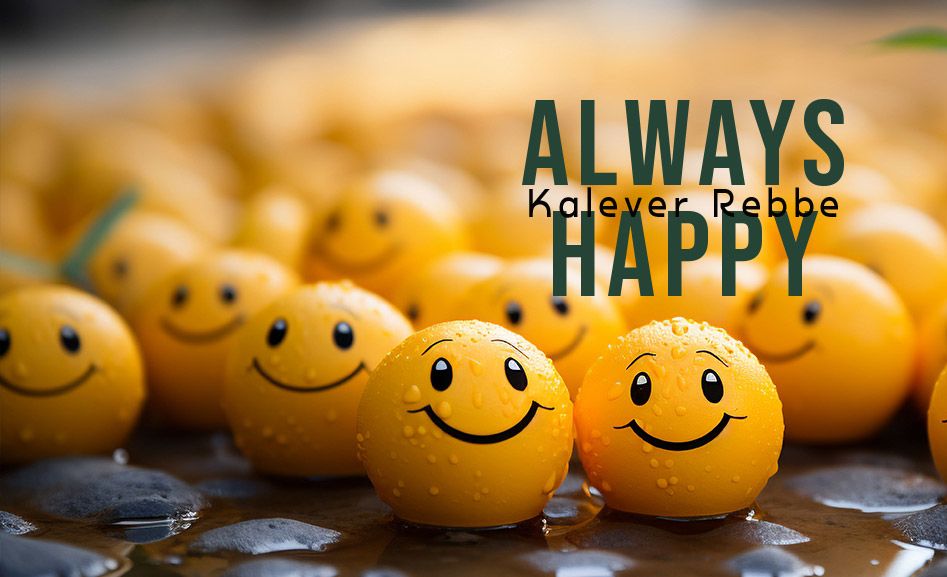
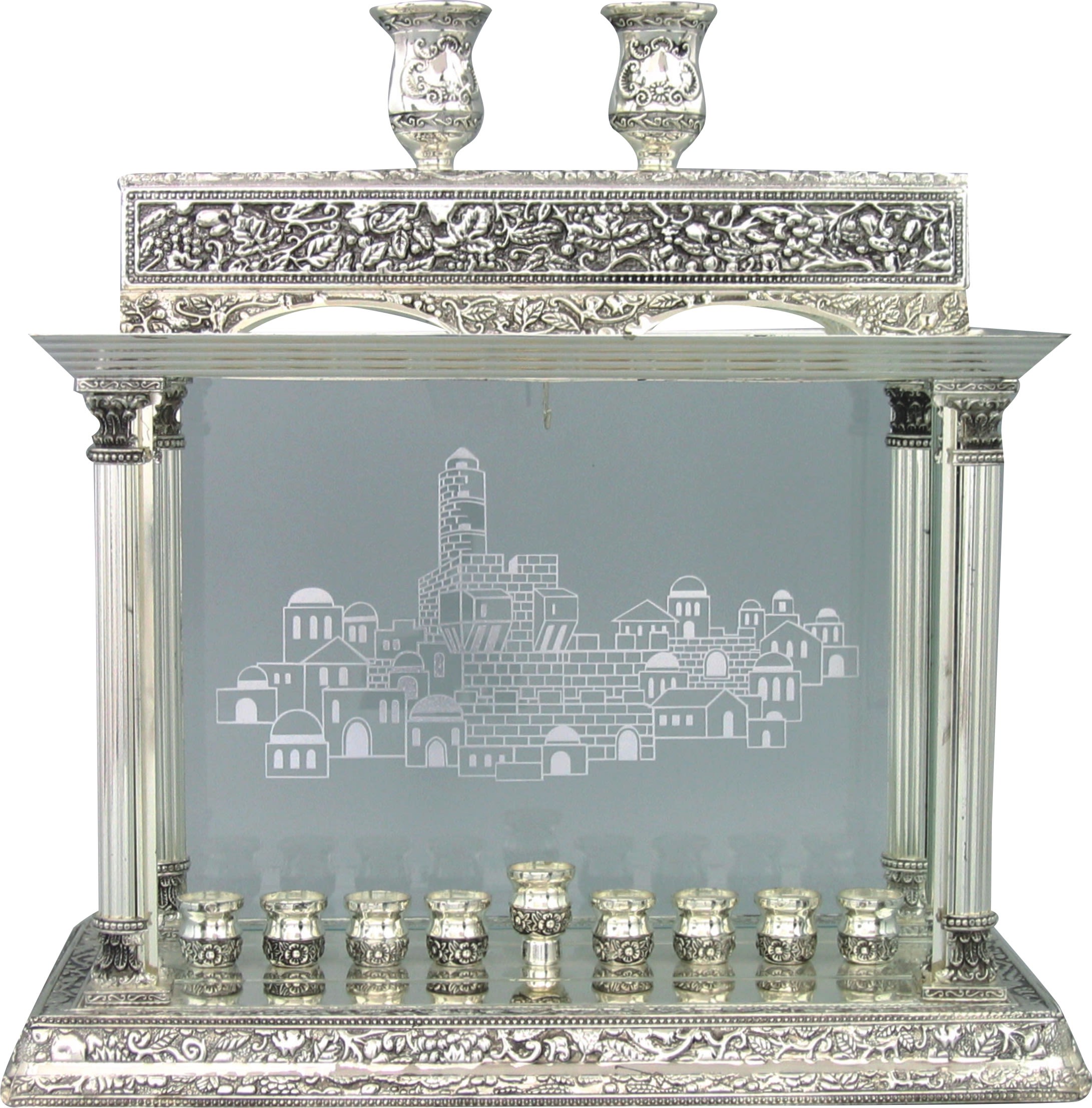
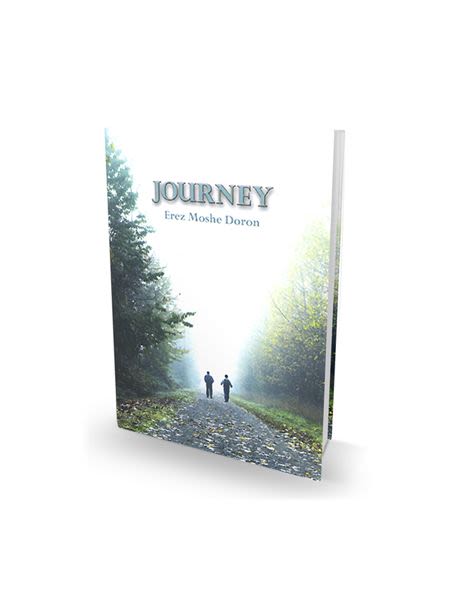
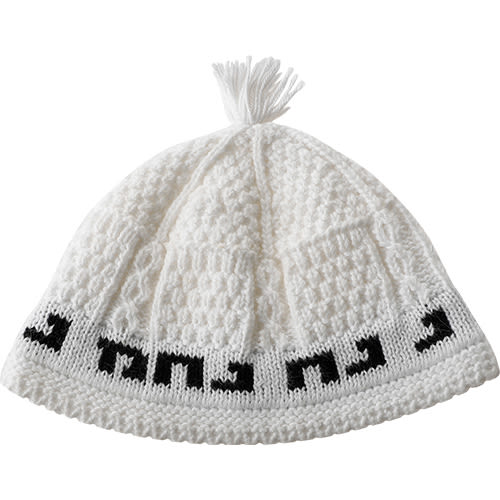

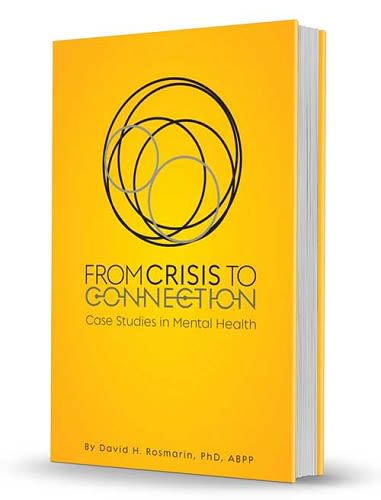
Tell us what you think!
Thank you for your comment!
It will be published after approval by the Editor.